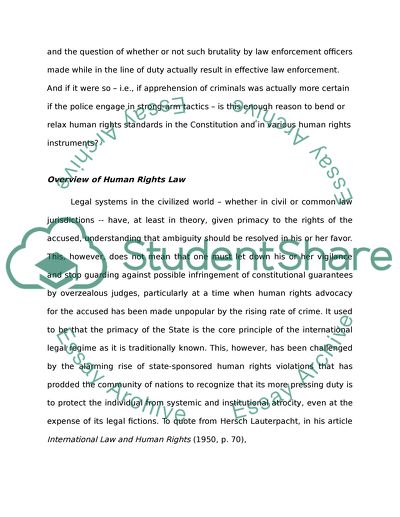Cite this document
(“Criminology-Police Brutality Essay Example | Topics and Well Written Essays - 2500 words”, n.d.)
Criminology-Police Brutality Essay Example | Topics and Well Written Essays - 2500 words. Retrieved from https://studentshare.org/miscellaneous/1538613-criminology-police-brutality
Criminology-Police Brutality Essay Example | Topics and Well Written Essays - 2500 words. Retrieved from https://studentshare.org/miscellaneous/1538613-criminology-police-brutality
(Criminology-Police Brutality Essay Example | Topics and Well Written Essays - 2500 Words)
Criminology-Police Brutality Essay Example | Topics and Well Written Essays - 2500 Words. https://studentshare.org/miscellaneous/1538613-criminology-police-brutality.
Criminology-Police Brutality Essay Example | Topics and Well Written Essays - 2500 Words. https://studentshare.org/miscellaneous/1538613-criminology-police-brutality.
“Criminology-Police Brutality Essay Example | Topics and Well Written Essays - 2500 Words”, n.d. https://studentshare.org/miscellaneous/1538613-criminology-police-brutality.


